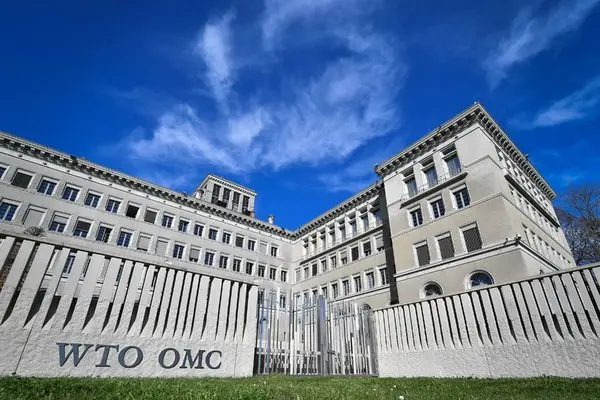The 13th Ministerial Conference (MCA 13) of the World Trade Organization (WTO) made significant strides on Tuesday by announcing new regulations aimed at streamlining international trade in services. These regulations, operating on a Most Favored Nation (MFN) basis, have the primary objective of enhancing transparency and accessibility in authorization processes while also advocating for gender equality within the realm of international trade.
Despite the promising nature of these regulations, it is worth noting that only 72 out of the WTO’s 164 members are currently party to this agreement, with notable absentees including India and South Africa. Indian experts have voiced their concerns, emphasizing the need for the WTO to prioritize core issues such as reforms within the organization, the restoration of the appellate body, and agricultural reforms that are of interest to all member nations.
The implementation of these regulations is a direct response to the bureaucratic hurdles faced by businesses engaged in cross-border service trade. By simplifying procedures and promoting equal opportunities for service suppliers worldwide, the WTO aims to foster a more conducive environment for international trade.
Meanwhile, discussions at the WTO Ministerial Conference also underscored the urgent need to address the environmental impact of global trade practices. Leaders convened in Abu Dhabi highlighted the detrimental effects of plastic pollution and emphasized the necessity of reducing trade in plastics to mitigate greenhouse gas emissions. With the global trade in plastics surpassing $1.2 trillion in 2022, urgent action is imperative to combat this pressing environmental issue.
The Plastics Pollution Dialogue, attended by 78 members excluding India, aims to galvanize efforts to reduce plastics pollution and promote environmentally sustainable trade practices. Transparency in trade flows of plastics emerged as a key focal point during these discussions, with particular emphasis on addressing single-use plastics and other hard-to-recycle materials that often evade traditional trade data capture methods.
Despite India’s absence from certain initiatives, the country has taken proactive measures to tackle plastic pollution, including the imposition of a ban on single-use plastics in 2022. However, India remains a significant contributor to global plastic waste, underscoring the importance of collective action on this front.
Additionally, discussions at the conference delved into the imperative of fossil fuel subsidy reform (FFSR) as part of broader efforts to combat climate change. With total fossil fuel subsidies amounting to a staggering $7 trillion in 2022, concerted efforts are needed to transition away from fossil fuels and towards more sustainable energy systems.
While India ranks among the top nations in fossil fuel subsidies alongside China, the US, and Russia, the country has committed to reaching net zero emissions by 2070. This ambitious target, announced at the COP26 climate conference in Glasgow, reflects India’s recognition of the urgent need to address climate change and transition towards cleaner energy sources.
The outcomes of the WTO Ministerial Conference underscore the multifaceted challenges facing global trade, from bureaucratic hurdles in service trade to environmental concerns such as plastic pollution and fossil fuel subsidies. Collective action and international cooperation will be crucial in addressing these challenges and advancing towards a more sustainable and equitable global trading system.
